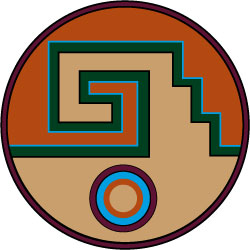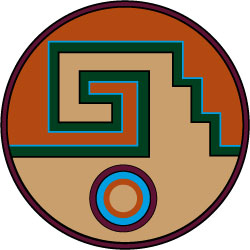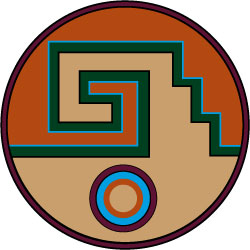Advanced Computing and Analysis Techniques in Physics Research

Fundamental research is dealing, by definition, with the two extremes: the extremely small and the extremely large. The LHC and Astroparticle physics experiments will soon offer new glimpses beyond the current frontiers. And the computing infrastructure to support such physics research needs to look beyond the cutting edge.
Once more it seems that we are on the edge of a computing revolution. But perhaps what we are seeing now is a even more epochal change where not only the pace of the revolution is changing, but also its very nature. Change is not any more an "event" meant to open new possibilities that have to be understood first and exploited then to prepare the ground for a new leap. Change is becoming the very essence of the computing reality, sustained by a continuous flow of technical and paradigmatic innovation.
The hardware is definitely moving toward more massive parallelism, in a breathtaking synthesis of all the past techniques of concurrent computation. New many-core machines offer opportunities for all sorts of Single/Multiple Instructions, Single/Multiple Data and Vector computations that in the past required specialised hardware.
At the same time, all levels of virtualisation imagined till now seem to be possible via Clouds, and possibly many more. Information Technology has been the working backbone of the Global Village, and now, in more than one sense, it is becoming itself the Global Village. Between these two, the gap between the need for adapting applications to exploit the new hardware possibilities and the push toward virtualisation of resources is widening, creating more challenges as technical and intellectual progress continues. ACAT 2010 proposes to explore and confront the different boundaries of the evolution of computing, and its possible consequences on our scientific activity.
What do these new technologies entail for physics research? How will physics research benefit from this revolution in data taking and analysis, experiment monitoring and complex simulations? What physics research seizing these new technologies may bring forward innovations that would benefit the society at large?
Editorial board: T. Speer (chairman), F. Boudjema, J. Lauret, A. Naumann, L. Teodorescu, P. Uwer
Conference web-site: http://acat2010.cern.ch/
Programme and presentations: http://indico.cern.ch/conferenceDisplay.py?confId=59397

Programme and presentations: http://indico.cern.ch/conferenceDisplay.py?confId=34666
Editorial board Thomas Speer (chairman), Federico Carminati and Monique Werlen

- Computing Technology for Physics Research
- Multilevel parallelism
- Distributed computing
- New architectures
- High precision computing
- Software quality control
- User Interfaces, Common Libraries
- Online Monitoring and Control
- Data Analysis - Algorithms and Tools
- Neural Networks and Other Pattern Recognition Techniques
- Evolutionary and Genetic Algorithms
- Advanced Data Analysis Environments
- Statistical Methods
- Detector and Accelerator Simulations
- Reconstruction Algorithms
- Visualization Techniques
- Methodology of Computations in Theoretical Physics
- Automatic Computation Systems: from Processes to Event Generators
- Multi-dimensional Integration and Event Generators
- Intensive High Precision Numerical Computations: Algorithms and Systems
- Computer Algebra Techniques and Applications
